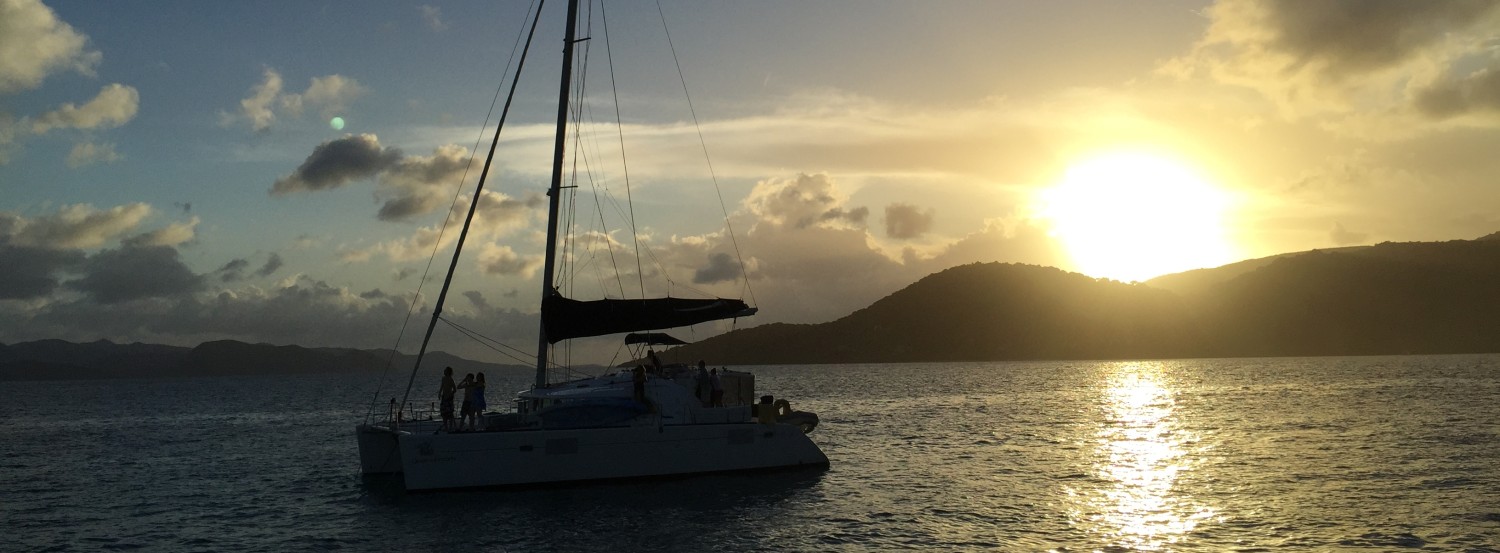 What most people know about Divemasters is that they were the folks helping on the dive boat or guiding them on their last dive in some exotic place while on vacation. Divemaster is also the first level of professional training if you want to pursue a diving career, or supplemental income, whether shore-based or from your boat.
What most people know about Divemasters is that they were the folks helping on the dive boat or guiding them on their last dive in some exotic place while on vacation. Divemaster is also the first level of professional training if you want to pursue a diving career, or supplemental income, whether shore-based or from your boat.
From a practical perspective the following are the requirements if you want to get certified as a Professional Association of Dive Instructors (PADI) Divemaster, taken directly from the 2018 PADI Instructional Manual:
At time of certification, verify the candidate has:
• Logged at least 60 scuba dives including experience in night diving, deep diving and underwater navigation.
• Completed Emergency First Response (EFR) Primary and Secondary Care (First Aid) training within 24 months.
• Read and agreed to the PADI Membership and License Agreements.
Diver Prerequisites:
• Certified as a PADI Advanced Open Water Diver and PADI Rescue Diver
• 18 years old
• Logged 40 scuba dives
• Completed EFR Primary and Secondary Care training within 24 months
• Medically evaluated and cleared for diving by a physician within 12 months
Divemaster candidates meet the following course performance requirements:
• Complete knowledge development segments including Knowledge Reviews in the PADI Divemaster Manual or through Divemaster Online, and pass the Divemaster Final Exam.
• Create an Emergency Assistance Plan for a designated dive site.
• Complete water skills exercises.
• Complete a diver rescue assessment.
• Complete the dive skills workshop and assessment.
• Complete practical application skills.
• Complete divemaster-conducted programs workshops.
• Complete practical assessments.
• Meet the professionalism criteria.
It looks like there is a lot of stuff there, and there is, BUT, if you have been diving for any period of time you may have a lot of it covered already.
So now, after going through all that, what are you actually allowed to do as a professional within the PADI regulatory environment?
• Supervise both training and non-training-related activities by planning, organizing and directing dives.
• Assist a PADI Instructor during the training sessions for any PADI Diver course.
• Conduct the PADI Skin Diver course and PADI Discover Snorkeling program.
• Conduct the PADI Discover Local Diving experience.
• Conduct the PADI Scuba Review program.
• Conduct the PADI Seal Team AquaMission
• Conduct subsequent dives under an instructor’s indirect supervision for Discover Scuba Diving participants after participants have satisfactorily completed the first dive with a PADI Instructor.
• If qualified, teach the Emergency Oxygen Provider, Emergency First Response, and PADI Digital Underwater Photographer courses.

That seems like an awful lot of unnecessary complexity (and cost) for someone who just may want to dive off their boat. To be clear, I’m not advocating need to get Divemaster qualified to enjoy diving from your boat (or anywhere else), nor is this something everyone should go through, but for a number of reasons I decided to go this route.
In a future post, we’ll discuss what you may want to consider if you choose to set yourself up for scuba diving from your boat based on what we’re going through ourselves.

Well written John.
If I may add, from a cost perspective, the Divemaster certification/accreditation also needs to be renewed annually with PADI through membership fees if you want to retain an active status. By doing so, it will also grant you access to training tools and publications contained on the PADI website.
Last but not least…liability insurance. As a PADI professional (Divemaster and beyond) you will require insurance coverage (either purchased by yourself or the dive shop you may be working for) if you intend to formally act in the capacity of a PADI divemaster or instructor.
Thanks Rene. Yes, both true statements that I never thought to include because I am not acting in a professional capacity at the moment. My status is good until end 2019, but I won’t get any liability insurance until I start freelancing or working for someone.
I do have DAN Accident Insurance however, although it’s debatable whether it’s required, as my private insurance assures me that all will be covered while I’m down south over the winter.
I’m chicken, so I’m keeping both. 😛